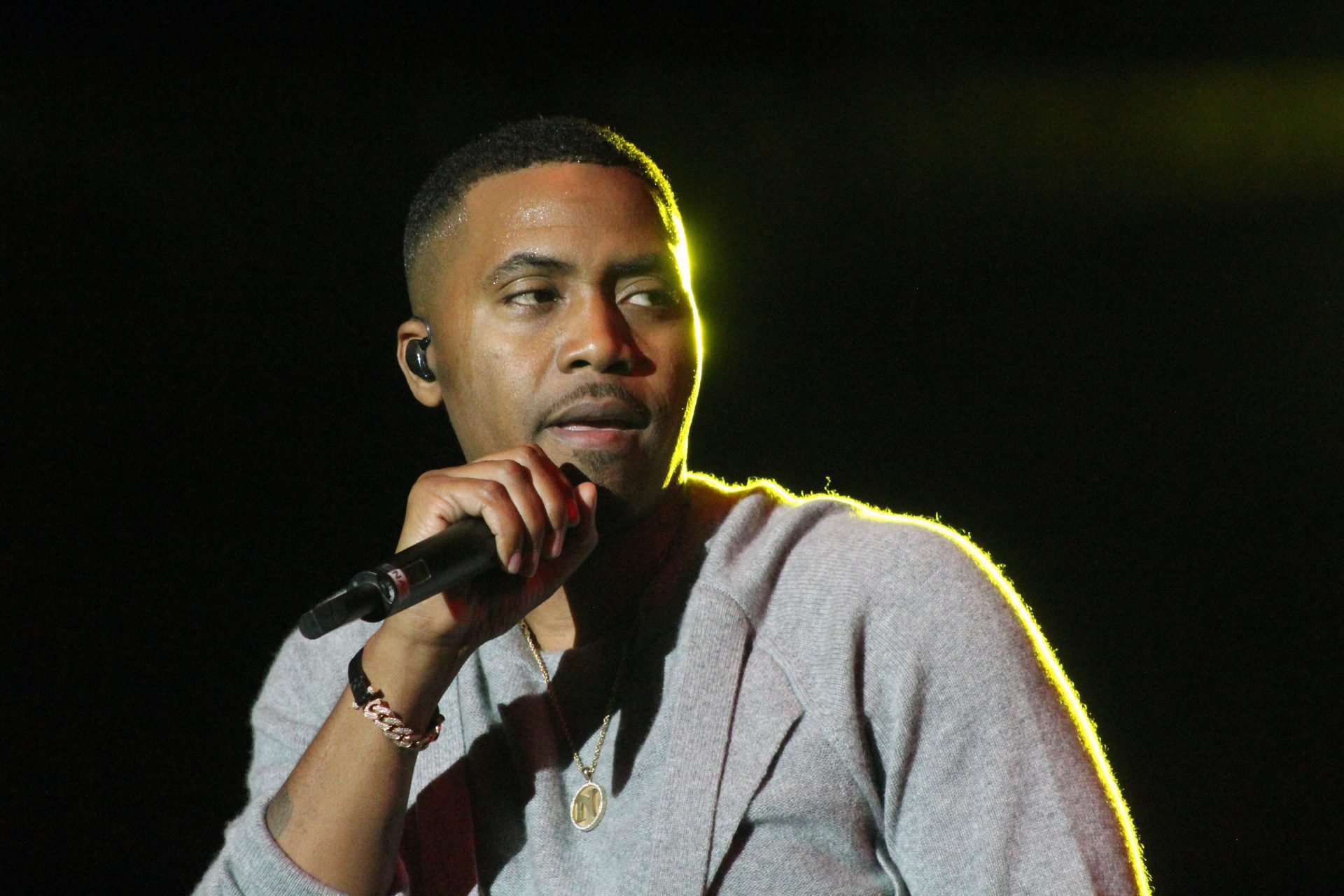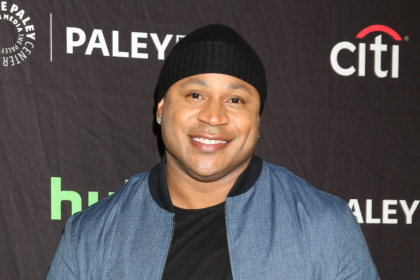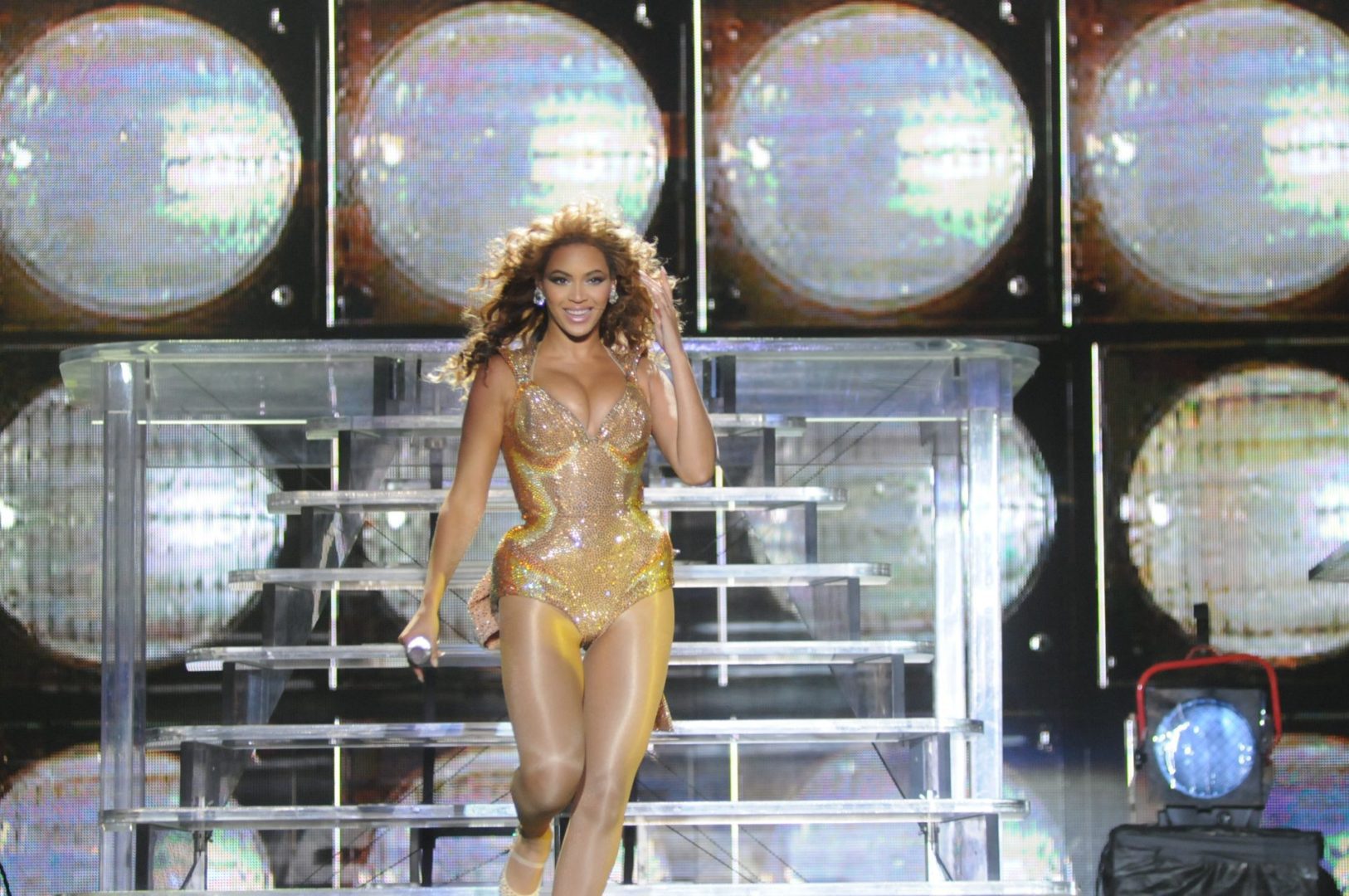As time moved on, Jay made it clear that he wasn’t interested in martyrdom. His unashamedly capitalist ambitions were evident in his lyrics—many of which became mantras for a generation. His business conquests became as much a part of his image as his artistic success. While hip-hop moguls like Russell Simmons and Sean Combs had already been around, there hadn’t been a respected hip-hop artist that wore that hat as effectively as Jay-Z. His business acumen is what set him apart from the 2Pacs and Biggies, his artistic legitimacy is what set him apart from the Russells and Diddys. By the 2000s, it was routine for rappers to be visibly and aggressively entrepreneurial. Artists like 50 Cent, Ludacris, Eminem and Nelly all parlayed their commercial successes into various business endeavors. They didn’t take that approach from Nas or 2Pac. They took it from Jay-Z.
Now, he’s an elder statesmen and pop culture icon that has married what may be the most famous woman on the planet. He hangs out with the president and occasionally drops music with pals like Kanye West and Justin Timberlake. Artistically, it could be argued that he’s coasted for the past several years. Even his most die-hard fans have to admit that he hasn’t really touched his peak era of 1996-2003, despite his continued commercial success. But fan or not, his significance on the last 15 years of hip-hop can’t be denied. If Run-D.M.C. represents hip-hop’s B-boy heart and 2Pac represents hip-hop’s street-conscious soul, then Jay-Z represents the culture’s fiscally-ambitious brain.
And it’s still pretty hard to knock his hustle.









